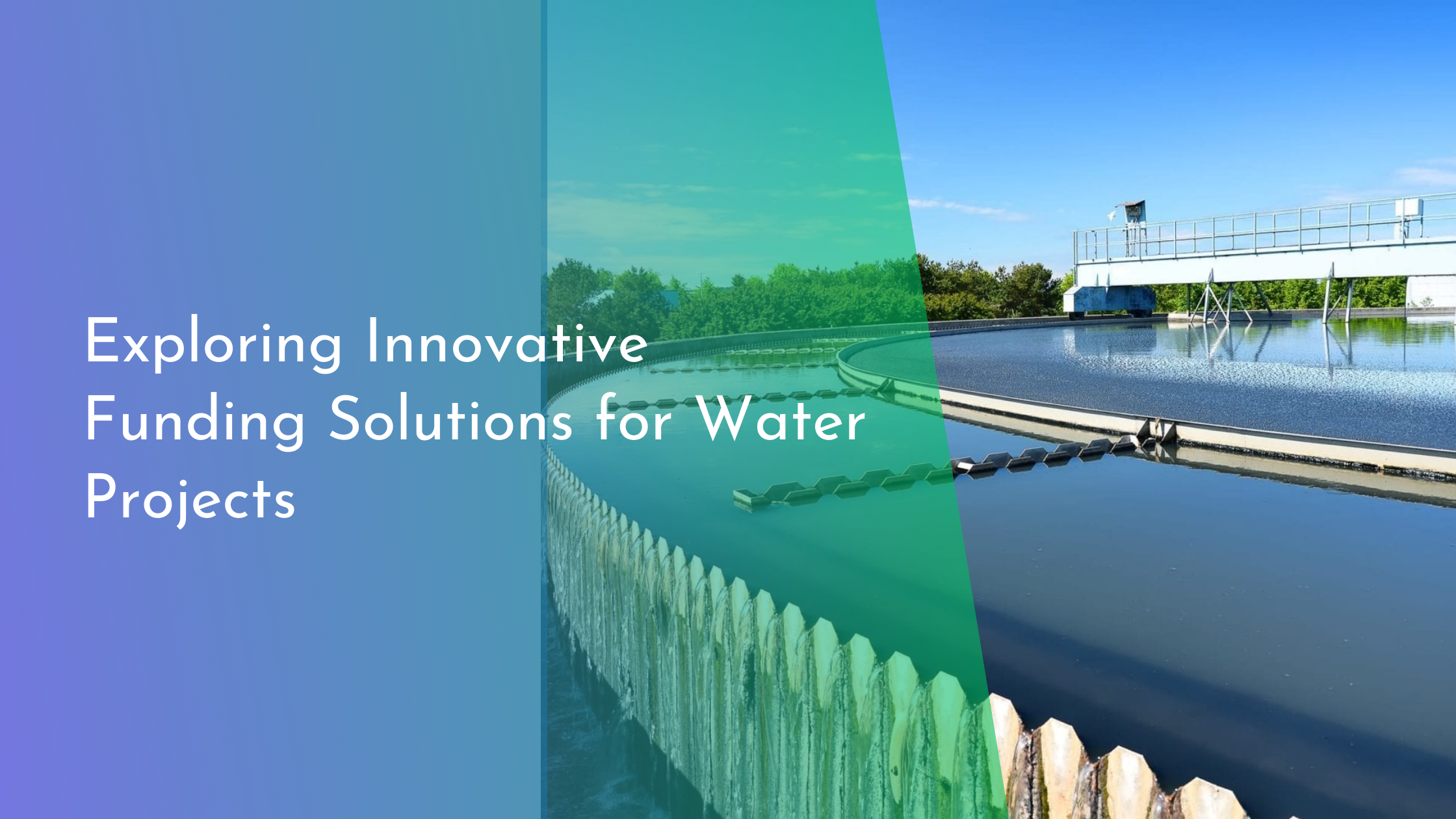Exploring Innovative Funding Solutions for Water Projects
Water is a vital resource that underpins every aspect of life, from agriculture and industry to health and well-being. However, with increasing demand and the effects of climate change, securing adequate funding for water projects is more crucial than ever. As traditional funding sources become limited, innovative solutions are emerging, offering new ways to finance these essential initiatives. This article explores cutting-edge strategies for funding water projects, highlighting the transformative role of technology, the power of collaboration, and the importance of community involvement in creating sustainable water solutions.
Unveiling New Avenues for Water Project Funding
The landscape of water project funding is shifting, with new and innovative avenues opening up for securing the necessary financial support. Traditional funding methods, such as government grants and loans, are being supplemented by alternative pathways like impact investing and green bonds. Impact investors, who prioritize environmental and social returns alongside financial ones, are increasingly drawn to water projects that promise sustainable outcomes. These investors bring both capital and expertise, helping to drive projects that might not secure funding through conventional channels.
Another promising avenue is the use of crowdfunding platforms, where communities and individuals can contribute directly to water initiatives. These platforms democratize funding, allowing small donations to aggregate into significant amounts. By leveraging the power of social media and digital networks, water projects can reach a broad audience, raising awareness and funds simultaneously. This approach not only finances projects but also strengthens community engagement and ownership, fostering a sense of shared responsibility for local water resources.
Harnessing Technology to Attract Investments
Technology plays a pivotal role in attracting investments for water projects by enhancing transparency, efficiency, and accountability. Blockchain technology, for instance, is being utilized to create transparent and secure records of water transactions and project progress. This transparency builds trust among investors, ensuring that funds are used as intended and that project milestones are being met. As a result, investors are more likely to commit their resources, knowing that their contributions will lead to impactful outcomes.
Artificial Intelligence (AI) and data analytics are also transforming how water projects are evaluated and managed. By providing real-time insights and predictive analytics, these technologies allow stakeholders to assess potential risks and returns more accurately. This data-driven approach enables investors to make informed decisions, optimizing the allocation of resources and enhancing the overall efficiency of water projects. As technology continues to evolve, it will undoubtedly play an even more significant role in securing the funds necessary to address global water challenges.
Collaborations: Key to Unlocking Resources
Collaborations between public and private sectors are essential for unlocking resources and driving water projects forward. Public-Private Partnerships (PPPs) bring together the strengths of both sectors: the innovation and agility of the private sector, along with the regulatory frameworks and oversight of the public sector. These partnerships can tap into a diverse pool of resources, from financial investments to technical expertise, thus accelerating the development and implementation of water projects.
Moreover, international collaborations are becoming increasingly critical, as water challenges often transcend national borders. By fostering cross-border cooperation, countries can share best practices, technology, and funding opportunities. International organizations and NGOs can facilitate these collaborations, providing platforms for dialogue and resource sharing. Such cooperative efforts not only enhance funding capabilities but also promote a unified approach to tackling global water issues, ensuring equitable access to this precious resource for all.
Community Involvement: A Path to Sustainable Success
Community involvement is a cornerstone of sustainable water project success, ensuring that initiatives are locally relevant and supported by those they aim to serve. Engaging communities from the outset fosters a sense of ownership, leading to greater commitment and long-term sustainability. By involving local stakeholders in the planning and implementation phases, projects can better align with the specific needs and cultural contexts of the communities they serve, increasing their effectiveness and acceptance.
Furthermore, community-based monitoring and maintenance of water projects are proving to be effective strategies for ensuring their longevity. Training local individuals to manage and oversee water systems empowers communities and builds local capacity. This grassroots approach not only secures the long-term functionality of the projects but also creates job opportunities and enhances local skill sets. As communities take charge of their water resources, they become active participants in the pursuit of sustainable development, driving change from the ground up.
As the global demand for water increases and traditional funding sources become strained, innovative funding solutions offer hope and new possibilities. By exploring alternative financing avenues, leveraging technology, fostering collaborations, and involving communities, we can create sustainable and impactful water projects. These approaches not only secure the necessary financial resources but also empower communities and drive global efforts towards water security. As we continue to innovate and adapt, the path to sustainable water management becomes clearer, ensuring that this vital resource is available for future generations.



